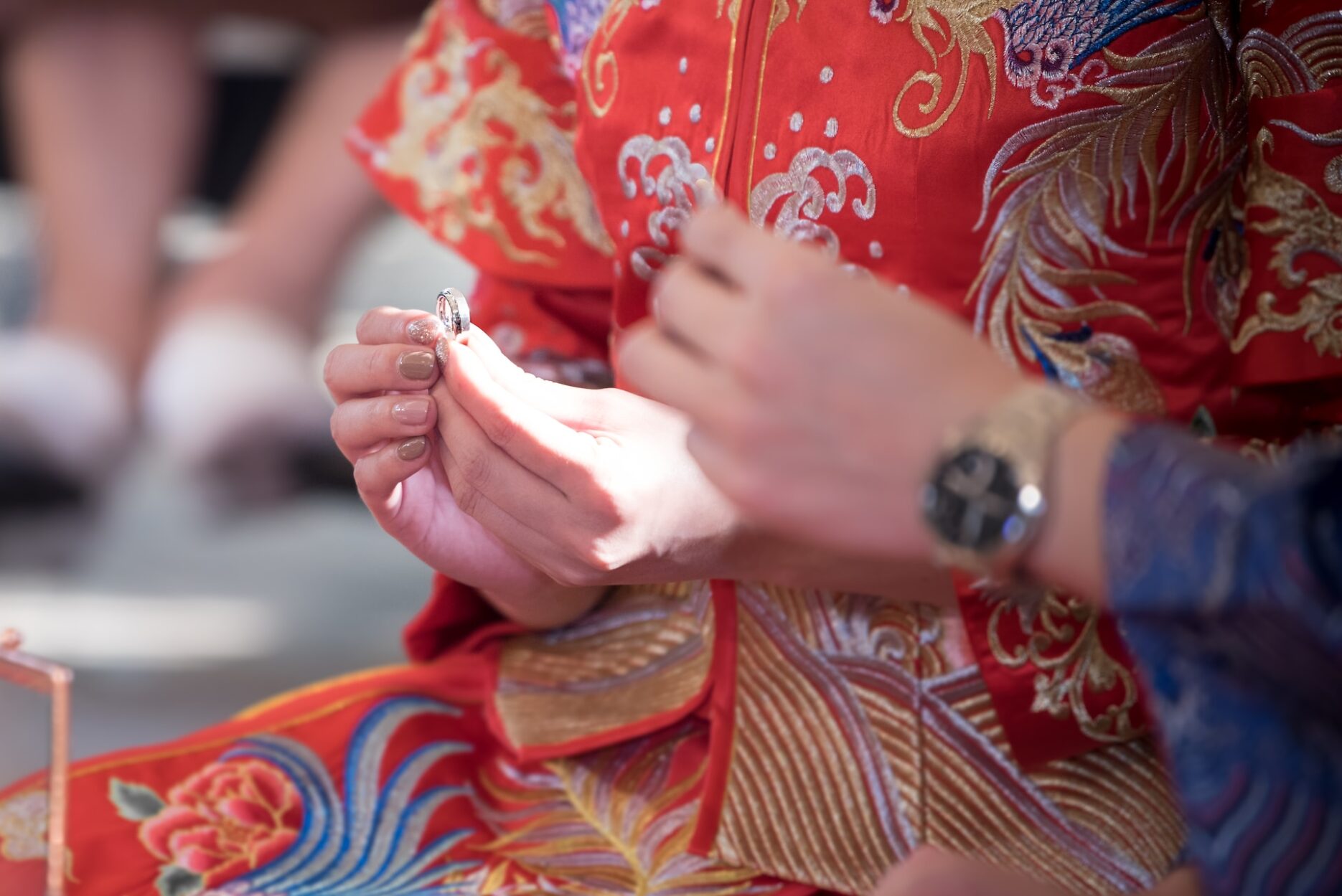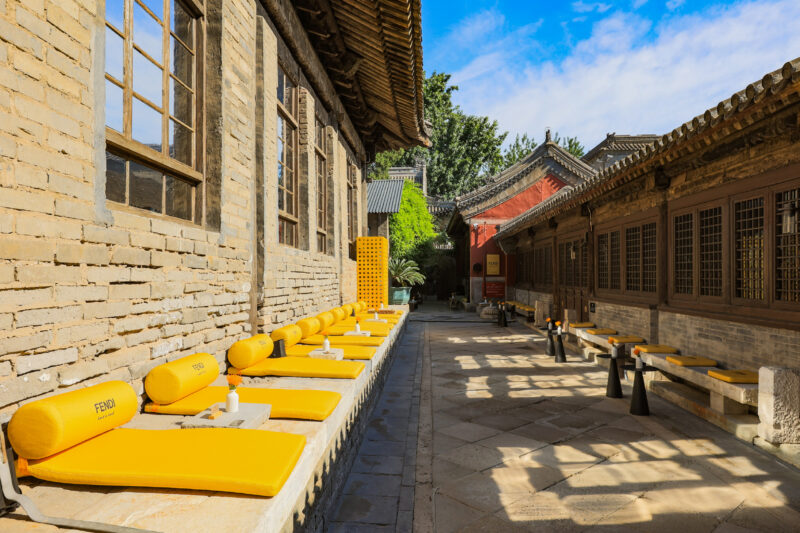As the love-themed 520 shopping festival looms on the horizon, good news has arrived for migrant couples in big cities across China.
According to a notice posted to the State Council website on May 18, a pilot program for “cross-province handling of marriage registration” has been expanded to include 21 of China’s 34 provinces.
The pilot program, which was originally rolled out in Shandong, Guangdong, and 9 other provinces in 2021, allows couples in which both parties lack a local urban household registration to register for marriage in their city of residence. Gaining an urban household registration (or hukou in Chinese) is notoriously hard for those not born into one, especially in bigger cities.
Migrant couples are usually required to return to an area where one party holds local household registration, which in many cases are rural areas far from the city they have settled in. Under the pilot program, migrants may register for marriage in their city of residence without local household registration as long as they have lived there for over 6 months and hold a residence permit.
The update comes as China enters an era of population decline and more younger Chinese embrace singledom as a permanent lifestyle. According to the state-backed publication Global Times, the China Family Planning Association is also due to pilot a program aimed at cultivating “childrearing culture”.
China’s hukou system was introduced in the 1950s to control population movement as urbanisation brought risks of social instability. In today’s China, it has become a major source of inequality, effectively placing migrants into a separate class with insecure access to housing, healthcare, education etc., in their cities of residence.
The government has been paying lip service to sweeping hukou reforms since early in Xi Jinping’s tenure, but little implementation has arrived so far. Whilst it remains to be seen whether the migrant marriage pilot program is a harbinger of wider change, it will be a significant improvement for migrant couples eager to tie the knot.









